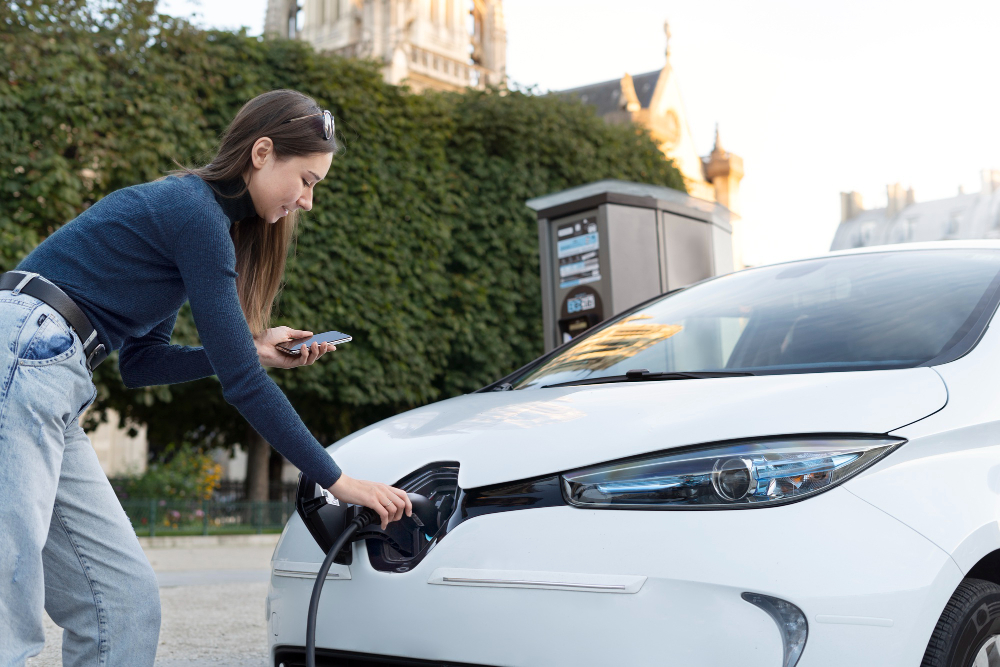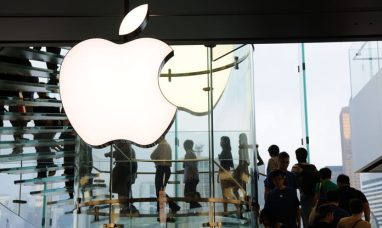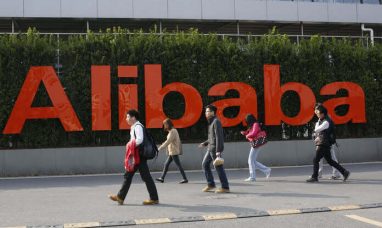Electric vehicle maker Rivian (NASDAQ:RIVN) has temporarily suspended production of its commercial delivery vans for Amazon due to a shortage of critical parts. This latest production halt underscores the ongoing supply chain challenges that have plagued the electric vehicle industry, including Rivian, over the past two years. The news sent Rivian’s stock down by 4%, highlighting investor concerns about the company’s ability to navigate these disruptions.
The Impact of the Parts Shortage on Rivian
Rivian’s spokesperson confirmed the production halt, noting that the shortage has specifically affected the company’s Electric Delivery Van production. The spokesperson stated, “A part shortage has temporarily impacted our Electric Delivery Van production. We expect to recover all missed production.” However, Rivian did not disclose the exact part or supplier involved in the disruption, nor did it provide details on when the production stoppage began or when it might resume.
The company assured that the shortage would not impact the production of its other vehicles, including the R1S SUV and R1T pickup models. Despite this reassurance, the halt in EDV production is a significant concern given that Amazon (NASDAQ:AMZN) is Rivian’s largest investor, holding a 16% stake in the company.
Amazon’s Response to Rivian’s Production Issues
Amazon, which has ordered 100,000 electric delivery vans from Rivian to be deployed by 2030, acknowledged Rivian’s “short-term production issues” but indicated that it does not expect these challenges to have a long-term impact on its operations. Last year, sales to Amazon represented approximately 19% of Rivian’s revenue, making the relationship with the e-commerce giant critical to Rivian’s financial health.
The production halt is particularly noteworthy because it comes at a time when Rivian had just reaffirmed its production forecast for the year. Earlier this month, the company stated that deliveries might be slightly lower in the current quarter after a planned shutdown of its Illinois factory in April for retooling and modifications. This latest disruption adds another layer of complexity to Rivian’s efforts to scale its production and meet its delivery commitments.
Broader Implications for the EV Industry
Rivian’s production halt is emblematic of the broader challenges facing the electric vehicle industry, where supply chain disruptions have become a persistent issue. The global shortage of semiconductors and other key components has forced many automakers to scale back production, delay new model launches, and, in some cases, halt production entirely. Rivian is not alone in facing these hurdles, but the impact on its partnership with Amazon could have significant repercussions for its long-term growth strategy.
Rivian produces all of its vehicles at its factory in Normal, Illinois, with plans for a second assembly plant in Georgia. However, the reliance on a single production facility for all its vehicles makes the company particularly vulnerable to supply chain disruptions. Expanding production capacity with the new Georgia plant is a key part of Rivian’s strategy to mitigate these risks and meet the growing demand for electric vehicles.
Looking Ahead: Rivian’s Path Forward
As Rivian works to resolve its current supply chain issues, the company’s ability to recover lost production and maintain its relationship with Amazon will be closely watched by investors and industry analysts alike. The EV market remains highly competitive, and Rivian’s success will depend on its ability to navigate these challenges while continuing to innovate and expand its production capacity.
The halt in Amazon van production serves as a reminder of the fragile nature of global supply chains, particularly in the fast-growing EV sector. For Rivian, the road ahead will require not only addressing the immediate parts shortage but also strengthening its supply chain to avoid future disruptions.
Conclusion
Rivian’s temporary halt in Amazon van production due to a parts shortage highlights the ongoing challenges faced by the company and the broader EV industry. As Rivian works to resolve these issues, the company’s ability to maintain its production targets and fulfill its commitments to Amazon will be critical to its continued success. The outcome of these efforts will be closely monitored as Rivian navigates the complexities of scaling its operations in a challenging global environment.
Featured Image: Freepik









